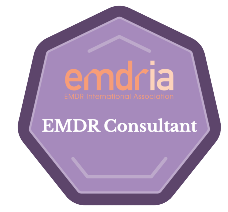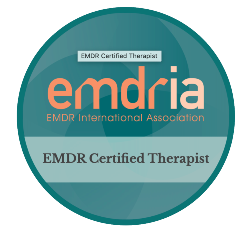What Is Adoption Trauma? And How Does It Affect a Person?
The emotional complexities of adoption are not always easy to untangle. Many adoptees are welcomed into safe, loving homes and feel supported by their adoptive families. However, even adoptees who are placed in ideal situations deal with adoption trauma.
The adoption process always involves an inherent traumatic event with the initial separation of a child from their parents. Adoption can be particularly traumatic for older children, who may be able to explicitly remember problems they faced with their birth families as well as the difficulties that come with separation, even if it is the best option for the child.
What is adoption trauma, and how does it affect adoptees in childhood and adulthood? Let’s explore what adoption trauma really means, and how adoptive families and therapists can help adoptees heal.
Distress Around Separation
All adoption requires separation. Even when a child’s birth parents cannot or do not want to care for them, the distress of separation leaves the child feeling fearful, which influences their neurological system. This occurs even when a child is adopted into a stable, compassionate family.
It is also worth noting that some adoptions begin with an ethically murky separation process—some birth parents choose adoptive families due to a lack of financial resources, but would have preferred to raise their child if they had more financial support. Furthermore, some children experience neglect or abuse before being adopted, which has a profound negative impact on their development.
Attachment Problems
The trauma of separation that is unavoidable with adoption can lead to attachment problems. This can occur with infant adoption, but attachment difficulties can be even more prevalent in older adopted children. Attachment problems can begin early in life when children do not have a “framework” for learning about safe relationships.
If a child does not bond with their primary caregiver, they can develop Reactive Attachment Disorder (RAD). Children with RAD may struggle to form good social habits, display inappropriate emotional responses, act impulsively or have frequent outbursts, or engage in risky and unsafe behaviors as they get older.
Transracial Adoption Trauma
Many children are adopted into families that do not share their race or culture. This can result in a form of adoption trauma that is specific to transracial adoptees. Adoptive parents who ignore their child’s cultural differences can make their children feel ignored and isolated.
They may experience a sense of loss in regard to their heritage. Adoptive families can engage in cultural immersion with their children, like learning their native language together or attending holiday celebrations.
Long-Term Effects
How does adoption trauma affect children in adulthood? Adoptees are at a higher risk for several mental health conditions, including anxiety, depression, and Post-Traumatic Stress Disorder (PTSD).
They are also more likely to struggle with substance abuse disorders. While not all of these issues can be solely attributed to separation trauma, lots of adoptees find themselves living in unstable situations prior to being adopted, which can have a long-term influence on their mental health and well-being.
Getting Help
How can adoptees cope with adoption trauma and form a stable identity in adulthood? First, adoptive families must not try to minimize the pain of adoption trauma. They should be prepared to work with their child to acknowledge and process these feelings, even if it stirs up complicated emotions within their family unit. Furthermore, adoptees can work with trauma-informed therapists for ongoing support throughout their lives.
—
Are you struggling with adoption trauma, or have you recently adopted a child? Working with a therapist can help. Reach out to us today to discuss your options for scheduling your first session for PTSD Treatment.





